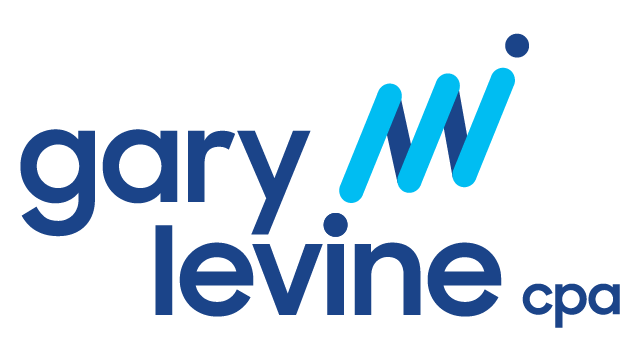Stimulus Update: Scams and the New IRS Website
Last week I warned about IRS scams, and as predicted, I received my first scam email offering a service to ensure I receive my stimulus check.
The service even gave me a discounted price for their help, but only if I acted now!
I also wrote last week that we have a perfect financial storm: government disbursements, our being forcing us to rely on e-everything – especially financial transactions, and heightened levels of anxiety about all things-money.
The reason I’m reminding you is that next Friday, April 17th, the IRS will launch a website where you can enter or update your bank information so they can electronically deposit your stimulus check. To verify your identity, they will ask for information including your name, social security number, bank routing, and account number, and perhaps more – all the information you’ve been told to never share, you will now be asked to share.
Here’s how you can protect yourself.
1. The IRS’s main website is www.irs.gov. The new website address will begin with www.irs.gov, and any email containing a link to any other URL is fraudulent.
2. The IRS will NEVER call, email, request your email or threaten to have you arrested (this scam threat has happened to my clients).
3. Do not provide any information to anyone by phone or by email. Ever.
4. If you are unsure about any financial or tax matter, ask someone you trust, even me.
5. For emails you are unsure about, do not open the email, do not open any attachments and do not click on any hyperlinks. The DEL key is your new best friend.
6. Pay attention to the Apps you are downloading and be sure you are downloading apps from a trusted provider. You use multiple devices and so do scammers.
7. Change your passwords. Now! (I know you’ve been procrastinating because I have as well).
8. You don’t need to be friends or Linkedin with everyone. Time to clean up those lists because scammers will use any social media and any device platform available to them.
9. Frequently check all your financial accounts, credit cards, bank, and brokers. Look for unusual and unexpected withdrawals AND deposits.
*** If you filed your 2018 or 2019 tax return, or you receive social security, then the IRS has your bank information and you do not need to do anything further. Scammers will try to convince you otherwise ***.
